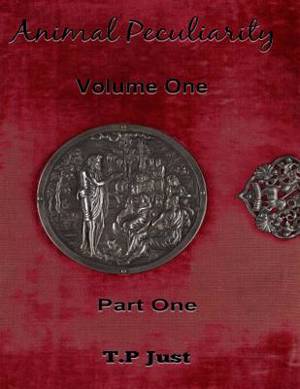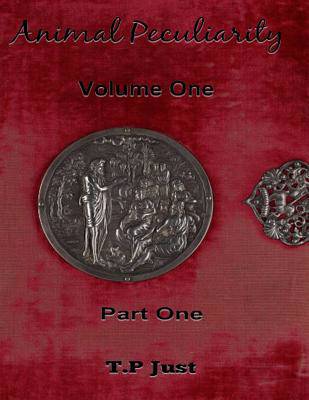
- Retrait gratuit dans votre magasin Club
- 7.000.000 titres dans notre catalogue
- Payer en toute sécurité
- Toujours un magasin près de chez vous
- Retrait gratuit dans votre magasin Club
- 7.000.0000 titres dans notre catalogue
- Payer en toute sécurité
- Toujours un magasin près de chez vous
27,95 €
+ 55 points
Description
The unique characteristics of animals is a miscellany of facts, genuine or supposed, gleamed from earlier and contemporary Greek writers (No Latin writer is once named) and to a limited extent from his own observation to illustrate the habits of the animal world. We are of course prepared to encounter much that modern science rejects, but the general tone with its search after the picturesque, the startling, even the miraculous, would justify us in ranking Aelian with the paradoxical, rather than with the sober exponents of natural history. Mythology, mariners' yarns, vulgar superstitions, the ascertained facts of nature-all serve to adorn a tale and, on occasion, to point a moral. His religion is the popular stoicism of the age. Aleian repeatedly affirms his belief in the gods and in divine providence; the wisdom and beneficence of Nature are held up to veneration; the folly and selfishness of man are contrasted with the untaught virtues of the animal world. Some animals, to be sure, have their failings, but he chooses rather to dwell upon their good qualities, devotion, courage, self-sacrifice, gratitude. Again, animals are guided by reason, and from them we may learn contentment, control of the passions, and calm in the face of death. His primary object is to entertain and while so doing to convey instruction in the most agreeable form. Some might find fault with his random and piece-meal handling of his theme-of which he is well aware, and he defends himself with the plea that a frequent change of topic helps to maintain the reader's interest and saves him from boredom. As to the permanent value of his work he has no misgivings and since we have been informed that his writings were much admired, we may assume that they appealed to cultivated circles in a way that the voluminous and possibly arid compilations of grammarians did not.
Spécifications
Parties prenantes
- Auteur(s) :
- Editeur:
Contenu
- Nombre de pages :
- 30
- Langue:
- Anglais
- Collection :
- Tome:
- n° 1
Caractéristiques
- EAN:
- 9781494786076
- Date de parution :
- 24-12-13
- Format:
- Livre broché
- Format numérique:
- Trade paperback (VS)
- Dimensions :
- 216 mm x 279 mm
- Poids :
- 95 g

Les avis
Nous publions uniquement les avis qui respectent les conditions requises. Consultez nos conditions pour les avis.






